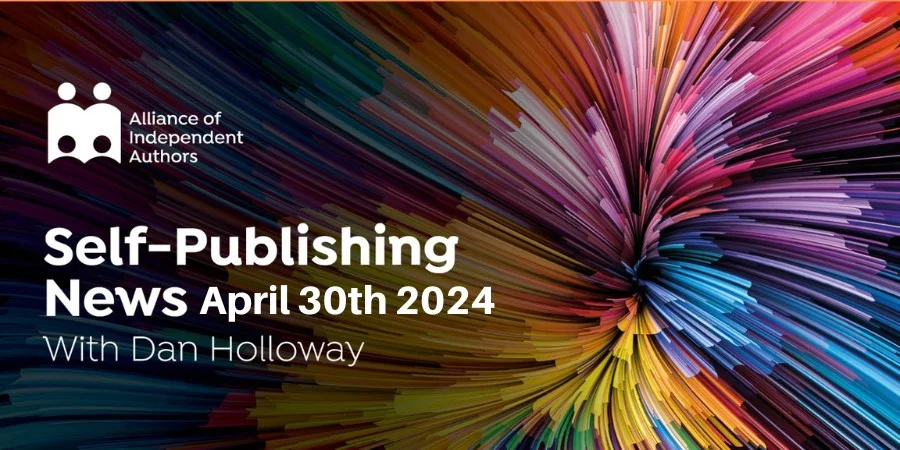
ALLi News Editor, Dan Holloway
The United States’ longstanding quest to ban TikTok took a significant step forward in the past week. Headlines of the app’s imminent disappearance remain, however, somewhat premature.
BookTok has, it feels, become a staple part of the literary landscape. It has variously been credited with getting a new generation reading, taking over the Frankfurt Book Fair, and linked with the crystallization of the “romantasy” genre. And “should I be on TikTok?” seems to have become the new “CreateSpace or IngramSpark” of indie author questions.
But a cloud that has been looming over the new shiny thing in town this week cast a considerably darker shadow.
Last week, President Biden signed a bill that, in due course, could lead to TikTok being banned in the United States. The actual provision is that ByteDance, headquartered in China, will be given nine months to sell its US operations and a further three-month extension to complete the sale.
TikTok CEO Shou Zi Chew, quick to remind people that he is, in fact, Singaporean and that TikTok’s HQ is in Singapore, has gone on the offensive. He claims that a ban would be a significant move against free speech. US authorities, meanwhile, are mainly concerned that the use of TikTok’s algorithm in an election year to pump misinformation would, in itself, be a threat to free speech.
ByteDance is, of course, going to pursue the matter through the courts. The company has no intention of selling TikTok’s US operations. It has, however, had to face bans in other countries. TechCrunch has a fascinating article that outlines the different countries that have banned TikTok so far and the reasons they stated for doing so. India took the step for national security reasons, echoing American concerns. Other countries such as Somalia, Afghanistan, and Kyrgyzstan cite reasons such as stopping misinformation, avoiding dissent, and protecting mental health. These all sound familiar and might serve as reminders that good intentions might sometimes be in the eye of the beholder.
One interesting thing to note is the number of mentions of users resorting to VPNs to get around those bans. This illustrates how difficult it can be to ban access to digital content on geographic lines without taking drastic steps that could really impact freedom.
Find out more




